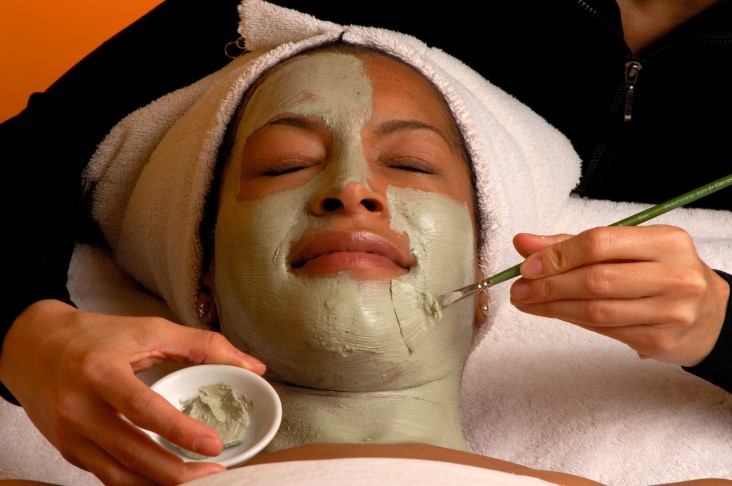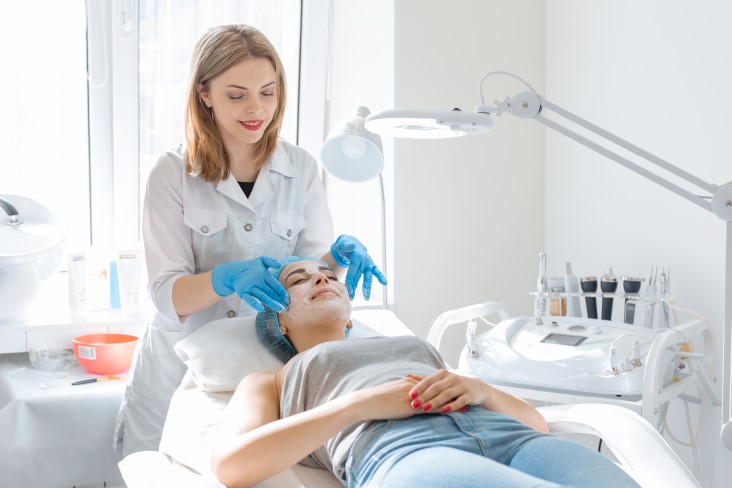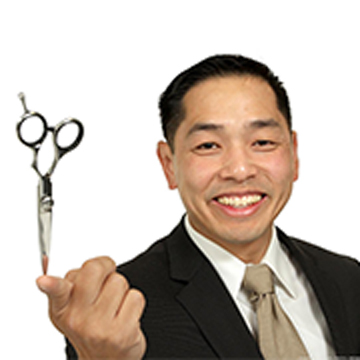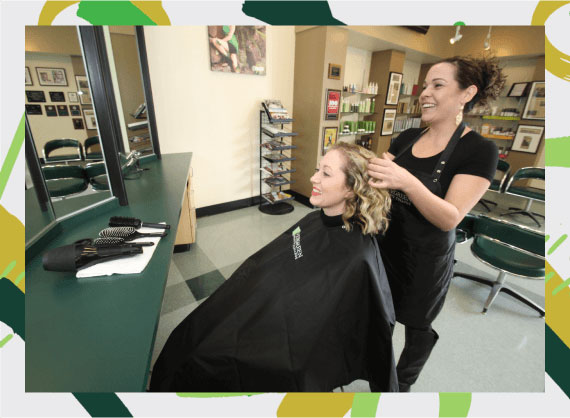What Is an Esthetician, and What Can They Do for Your Skin?

Alfred Wekelo – istockphoto.com
If you’ve been looking around the world of cosmetology schools and the beauty industry for some time, you’ve likely already heard of estheticians. An esthetician is a type of skin care professional who handles a wide range of services in many different situations, and it can be confusing to understand exactly what it means to be an esthetician. Here’s everything you need to know about the benefits of estheticians.
What does it mean to be an esthetician?
An esthetician is any person who has trained to understand the science of skin care. However, there are many different types of estheticians, and they may all have different levels of knowledge surrounding skincare. Some estheticians are trained to recognize skin conditions and help handle care for various skin types. Other estheticians undergo extra skin care specialist training, which can include training on medical conditions, and they may work alongside a medical professional. In general, “esthetician” is an umbrella term for someone with general knowledge of the scientific side of skincare; these professionals can work in a medical setting or clinical setting.
What does an esthetician actually do?
An esthetician can do all sorts of things. Here are a few components that may be part of an esthetician’s job:
- Chemical peels
- Body scrubs
- Sugar scrubs
- Makeup application
- LED light therapy
- Laser hair removal
- Chemical hair removal
- Other hair removal techniques
- Laser skin rejuvenation
- Removing skin discoloration
- Lymphatic drainage
- Skin exfoliation
- Removing dead skin cells
- Skin analysis
- Managing various skin concerns
- Recommending skincare products
- Non-invasive procedures
- Eyebrow shaping
- Acne treatments
- General cosmetic treatments
As you can see, there are nearly endless jobs that an esthetician can do. Plus, these skin care services can be performed in conjunction with different skincare specialists. Most of these cosmetic procedures are not medical treatments, and the skin treatments that do require advanced training may be open to those who have their esthetics license.
What types of estheticians are there?
Some places make a distinction between medical esthetics, which is a sub-category of esthetics that often requires some type of medical training, and estheticians who provide general skincare services and body treatments.
However, in other cases, there may not be a difference. Some estheticians who provide more medical services only need specialized training under the guidance of a medical professional to work in a private practice providing these kinds of services.
If you do decide that you want to provide more advanced treatments for medical issues surrounding the skin, you may want to consider getting extra training in medical school. Dermatology clinics are often looking for people interested in this field of skin care. These experts can help with both cosmetic concerns and with maintaining optimal skin health.
Outside of medical and general esthetics, some people who go through esthetician training also end up in the field of makeup artistry. Whether you’re doing SFX makeup on a movie set, providing bridal makeup for women on their big day, or creating makeup tutorials online, the skincare and makeup application tools you’ll learn in esthetics school can also help you offer these services.
Finally, it’s common for estheticians to work in spa settings. This may include traditional spas or more unique locations, like cruise ships. Some beauty salons will also have spa services, which estheticians may be able to provide.
Learn more about becoming an esthetician

Kate – stock.adobe.com
If you’re interested in becoming an esthetician, there are plenty of options available for you. Check out the esthetics course at Evergreen Beauty College to learn more about what you’ll learn and how esthetics could be the right choice for your future career.
FAQs: What Is an Esthetician?
Does an esthetician need a license?
An esthetician does need a license. To become a licensed esthetician, you’ll usually need a certain number of training hours, as well as to pass your licensure exam. Talk to the school where you’ll be training to learn more about the licensing requirements for your state.
What prerequisites do I need to become an esthetician?
Most of the time, you just need a high school diploma or GED to become an esthetician. It’s uncommon to need any additional prerequisites. If you don’t have your GED and need assistance, or you want to know how much knowledge a specific school wants you to have, contact your school to learn more.
How can I decide if an esthetician school is right for me?
To get started, you’ll usually want to schedule a tour at the school you’re interested in attending. On a tour, you’ll be able to learn more about the college in question, ask any questions you have about attendance, and see where you’ll be training. It’s a great starting point for anyone who’s pretty sure they want to get esthetician training but isn’t sure what school is right for them.




